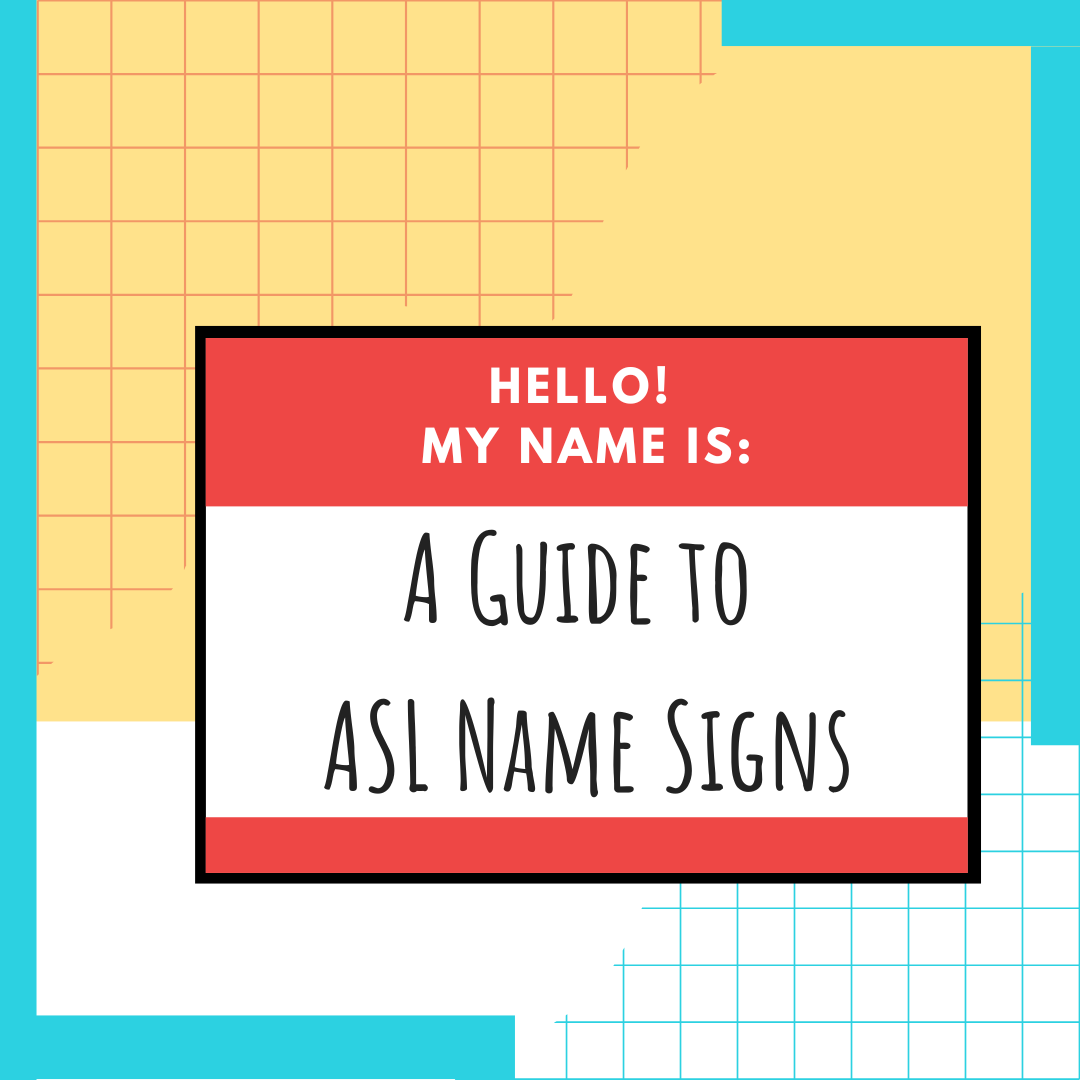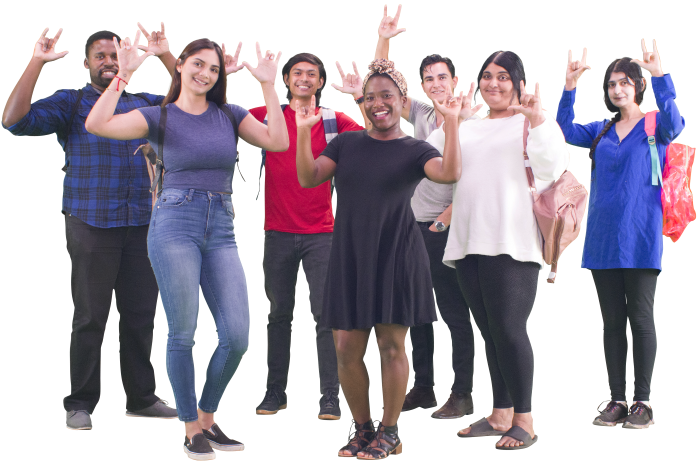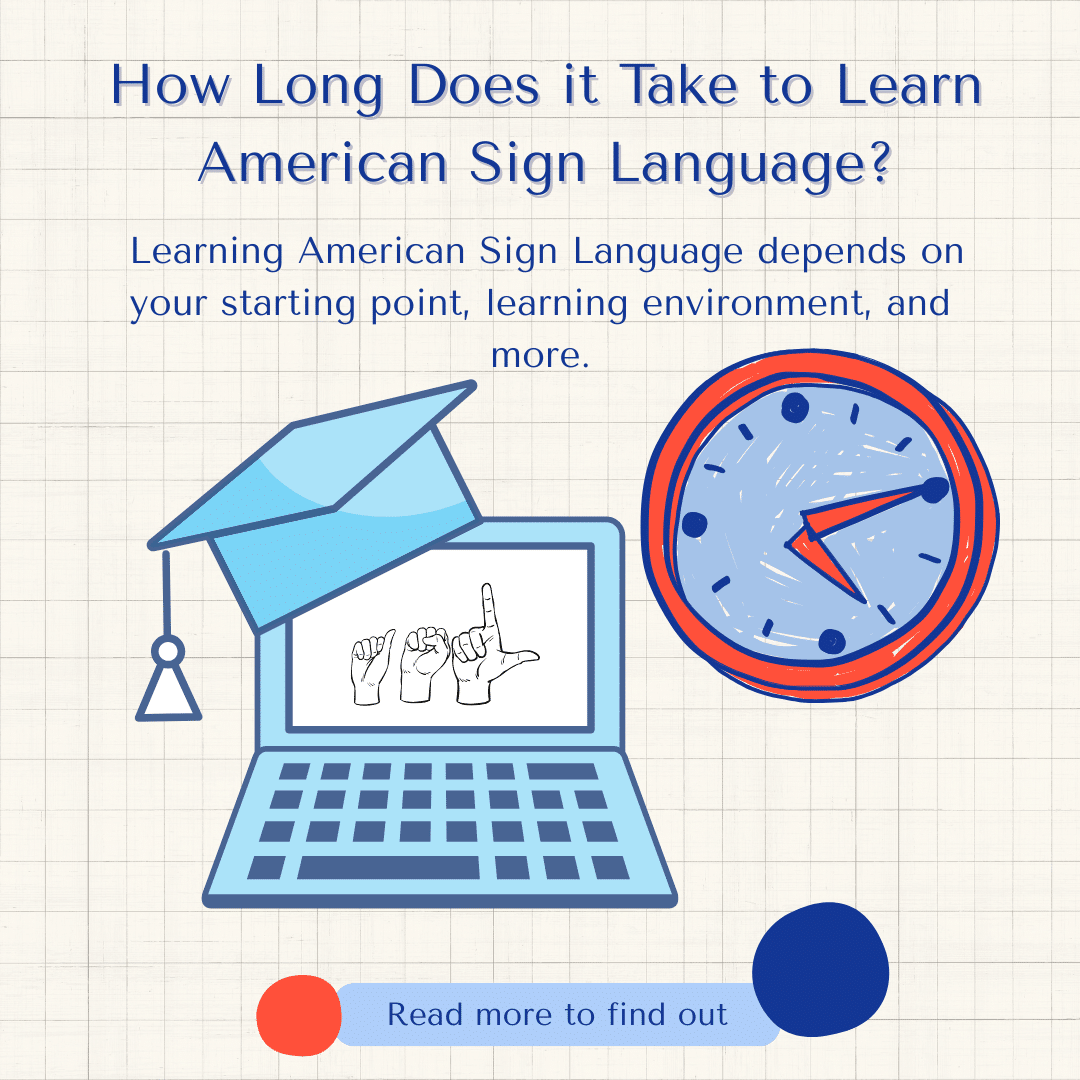
Deaf Travel Part 2
- by Katelyn Cheng
![deaf travel 2 [Meet Deaf Travel: Building a Better Internet for Deaf People | https://startupyard.com/meet-deaftravel-building-a-better-internet-for-deaf-people/]](https://www.startasl.com/wp-content/uploads/elementor/thumbs/deaf-travel-2-ppg71gzyqst41p5dzddqkuwov005kslch8i0o4j474.png)

Deaf people can do anything except hear. Anything includes traveling. Did you know that there are a lot of Deaf travelers. Most people wonder, “How do Deaf people travel if they cannot hear their surroundings, or communicate with other people/foreigners?” That is a great question and honestly, Deaf people are visually alert. It is true that it can happen if a Deaf person is in a dangerous situation and that person cannot hear, then the Deaf person is in danger. In this situation, since Deaf people cannot hear, they will need be extra alert of their surroundings by not being on their phones or do anything that is distracting. As for communication, there are many other ways people can communicate with each other. Think of it this way, a hearing person who speaks English travels to Japan and tries to communicate with a Japanese person who cannot speak English. The English person and Japanese person will need to find other ways to communicate with each other. This idea also applies for Deaf people. Other ways to communicate is through Google translation, writing it down on paper or phone, pointing and using gestures. There are also Deaf people that lives in other countries. Since the Deaf community is very small, it is likely to meet international Deaf people when attending their Deaf socials. Deaf people that lives in that country can be a tour guide. Keep in mind that each countries have their own sign languages so someone in Japan might not necessarily know American Sign Language; therefore how does an American Deaf person sign with a Japanese Deaf person. It is not a language but it’s made of gestures and common signs known as Universal Sign. This is the “sign language” Deaf people uses when interacting with other international Deaf people. When meeting other D/deaf people in other countries, they share stories, cultures, and languages with each other.
D/deaf people find ways they can be successful in traveling – it is all about experience and knowing what to expect ahead of time. The general rule of thumb for travelers is to do a lot of researching and planning ahead to make sure they know how their day plans will look like. In addition, during the research, reservations can be made and questions can be answered ahead of time to avoid problems later. Typically, Deaf people will “call” using a VP-videophone where they have an interpreter. From this, they can find information they need to know or make reservations. Also, it is helpful to reach out to friends or join Facebook groups of people who live in that country recommendations on what activities to do and if there are any questions. Social media is very powerful is sharing information with each other. Through this way, when planning, you’ll be able to know if a business or road is closed; therefore making plans more effective.
Deaf people do travel in pairs or in groups similarly to hearing people would travel with their partners, family or friends. It is always more fun to travel with someone else. Hearing people also can travel alone and did you know that there are Deaf solo travelers. Many people say that traveling becomes easier as you experience it more. Typically, these Deaf solo travelers are not only traveling to explore new cities, but they also make international friends. It could be possible that Deaf solo travelers would maybe stay in a city for a little while before moving to their destination. You can read more about a Deaf solo traveler share his experiences. This brings up the next question.
How do D/deaf people get around the city? It is mostly based on experience that D/deaf people will need to know what kinds of transportation is available in that city. If the city relies on public transportation such as buses or subways, they will have to do research on how to purchase tickets or passes. Deaf travelers sometimes have friends who live in those countries that can help out with buying tickets, etc, and these tickets can get disability discounts. If they make calls internationally, they can use a videophone app such as Purple Communication and Sorenson.
There are two types of traveling: driving and flying. Driving is not as frightening than flying. When driving, you can sink in more of the places and nature you are driving through, but when it comes to flying, it requires having to go through TSA and interacting with the workers at the airport. How do D/deaf people handle going through check-in/TSA? Once again, this is all based on experience, and Deaf people will often communicate through writing or typing in the phone. Deaf people heavily rely on visual cues to understand what is happening around them. Deaf people going through airports is not always a pleasant experience. Deaf people struggles with communicating with TSA workers or sometimes have miscommunication which causes Deaf people to be questioned.
Here is a personal experience as a deaf traveler:
I have always enjoy traveling but I get intimated when it comes to the thought of traveling alone. I prefer to travel with my boyfriend or with a group of friends or family. I have experienced road trips and I enjoy them so much! Growing up, I have always flew with my family and a lot of times I let my family lead me through the airport. I never tried to learn to check in bags, or find the gate, or go through TSA alone. I get anxious when I fly out, especially because it makes me nervous when having to go through TSA. I flew out with my boyfriend to Hawaii and the experience of going through TSA was a bit of a struggle. I have not flew out of the country yet. I will one day and I hope that experience will go well. I have learned tips and tricks as well as the standard process such as checking in bags if have any, taking out electronics when going through TSA, finding the gate on the screen, etc. Flying domestically is not as scary as flying internationally. When I fly internationally, I will approach interacting with foreign TSA workers and it can be difficult to converse when they have an accent. I remember one time, I talked with a TSA worker in Germany and that experience did not go well. Thankfully, I was flying with my family and my mom and sister was there to support me when I needed help.
I did remember one time I flew alone for the first time to visit my sister and I was really, really nervous. I paid closer attention to reading the signs and double checking my gate number, etc. I didn’t want to miss my flight. Luckily, everything worked out smoothly and I had a successful flight.
Megan, Start ASL instructor shares her experiences as a deaf traveler.
I’ve traveled overseas with my family as a Deaf child. However, when I was attending Journalism school, I had the opportunity to work overseas in South Korea and Germany several times. I was the only Deaf person at my work and I spoke English to the native people, and they would answer my questions such as about transportation, etc. It was sure challenging to communicate sometimes especially when the train broke down in Germany, and I had to ask others what was going on. We had to get off the train, then wait for another train to arrive to transport us back to our destination from Switzerland to Germany. I am grateful that most people who I asked seemed to have at least conversational English. I also met a lot of Deaf people overseas and I would learn their native signs.
Also, traveling at the airport can be tricky so I rely on screens and staff to make sure I don’t miss my flight.
Start Learning ASL Today!
 Ready to start learning real American Sign Language and not just basic signs? Do you want to be a part of the vibrant Deaf community? Check out our Free ASL 1 Course or our Complete 4-Level ASL Course options and start learning ASL today!
Ready to start learning real American Sign Language and not just basic signs? Do you want to be a part of the vibrant Deaf community? Check out our Free ASL 1 Course or our Complete 4-Level ASL Course options and start learning ASL today!









2 Responses
As a deaf person who loves traveling alone to different parts of the world, I am currently looking for a travel buddy to accompany me on an adventure in European Countries. I would greatly appreciate any assistance you can offer in exploring the stunning sights and attractions there.
Hello my name is Pamela and I would like to know my sign name because I am deaf and like to help people and sometimes a little shy